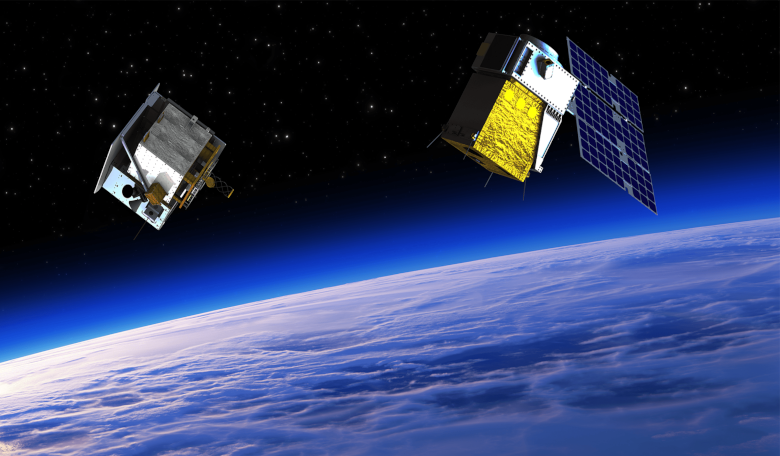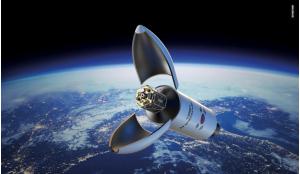A small US company with a business model that involves bundling a mix of customer payloads on prefabricated satellite buses expects to mark its first launch tomorrow (29 June).
San Francisco-based Loft Orbital describes its YAM-2 and YAM-3 satellites - short for Yet Another Mission - as “rideshare satellites”. About 100 kilograms each, they are carrying a total of 10 payloads from customers that include European satellite operator Eutelsat and the United Arab Emirates Space Agency, plus Loft Orbital’s own instruments with which it will serve multiple customers.
The satellites are among 88 onboard SpaceX’s Transporter-2 flight, itself the company’s second designed specifically as a rideshare. In another sign of the times, it is also the eighth flight for this particular Falcon 9 booster. Originally scheduled to launch 25 June from Cape Canaveral Space Force Station, Florida, SpaceX delayed the launch to give “additional time for pre-launch check outs”.
Started in 2017, Loft Orbital spent its first couple of years developing hardware and software, hiring staff and meeting with “hundreds of customers” to refine the company’s business plan, chief operating officer Alex Greenberg told ROOM.
The idea, which Loft Orbital is now demonstrating for the first time, was to invent an adapter of sorts - its Payload Hub “hosting environment” - to easily mount numerous payload types on an on-hand inventory of buses from outside vendors such as Blue Canyon Technologies and LeoStella. YAM-2 and YAM-3 represent one of each.
According to Greenberg this model should give customers “the ability to fly very quickly”. He said the aim was to “make space simple” so that any kind of organisation can get a payload into orbit and receive data back without the customary time or expense of designing a new satellite from scratch. “It’s all baked into Loft’s product set,” Greenberg added.
YAMs 2 and 3 include internet-of-things experiments and panchromatic, multispectral, and hyperspectral imagers among other payloads. If a customer can’t provide its own payload, Loft Orbital will help to supply one off the shelf.
Loft Orbital developed its customer interface Cockpit in-house. Customers go to Cockpit to request tasks for their payloads. Cockpit calculates whether a task is within the scope of the mission and returns the desired data.
Loft Orbital works out deals with its customer for the appropriate level of service, Greenberg said - how often they can expect to take a picture of a given location, for example - to make sure one satellite can accommodate everything on it.
A challenge included figuring out how to give customers the ability to control their individual payloads while keeping the underlying platform secure, Greenberg added.
Loft Orbital owns and operates the satellites. A customer may also ride as the sole payload and YAM-4 will be a standalone experiment by the Canadian Space Agency in quantum key distribution, Greenberg added.











